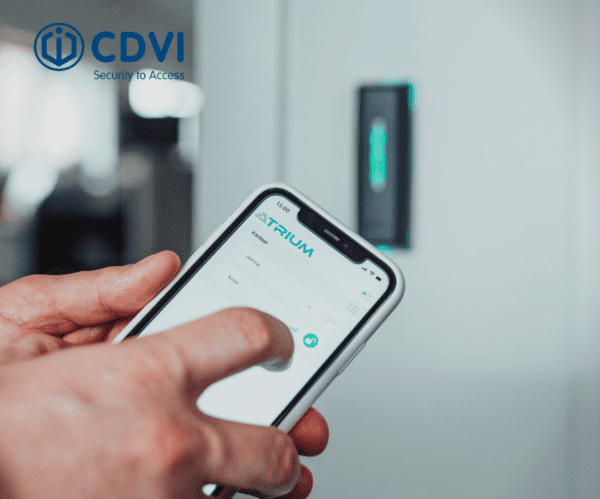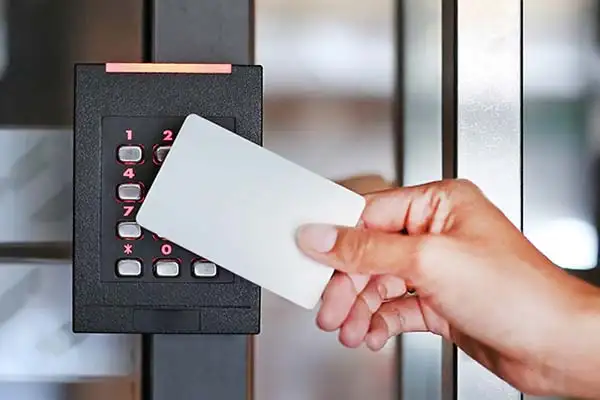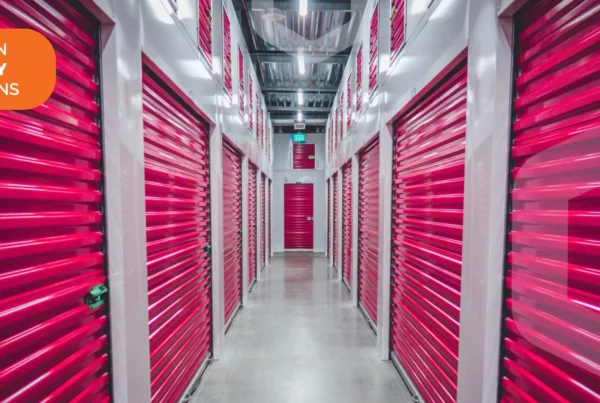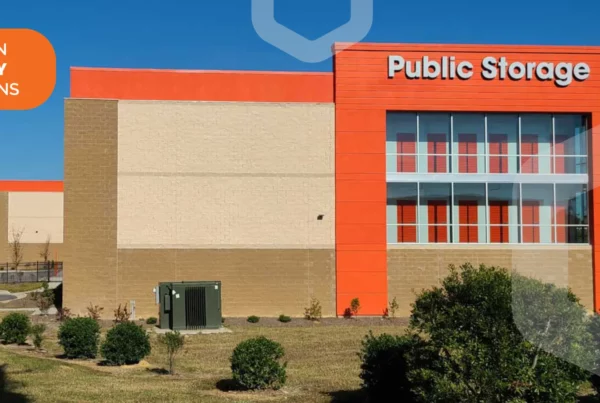The security of your network, data, and physical locations depends on access control systems. Review the security systems installers and recommended methods.
Information systems, their platforms, and the user data they contain are more sought-after (by bad people) and protected (by businesses) than ever in today’s global technological environment. The best news is that the majority of security breaches can be prevented with the right security measures, strictly followed user guidelines, and ongoing cyber hygiene. It is essential to invest the time and money necessary to accomplish this goal. Access controls that are well-designed and used correctly can provide a better return on investment more quickly or compressively than anything else.

What Is Access Control Systems?
Who is authorized to access, view, and use corporate data and related resources is determined by access control, a layer of information systems (IS) or information technology (IT). The “access control” portion of this security layer is managed by authentication and authorization procedures created in conjunction with business access control policies and procedures that regulate a company’s systems and data.
The security system manning a physical location, such as an office building, where access is restricted to authorized personnel, is also referred to as “access control.” All contemporary access control systems are automated using IT platforms, so there is considerable overlap when it comes to comprehensive access control. To find the ideal security system setup for your company, look into the top access control systems and service providers.
Are you looking to install a
Commercial Access Control System?
How Does Access Control Systems Work?
Access control‘s fundamental tenet is that it allows authorized users access to particular systems or data by using login credentials, such as usernames and passwords, personal identification numbers (PINs), or even biometric scans.
The majority of access control platforms also support multi factor authentication, an additional security measure that calls for a user’s identity to be confirmed using multiple authentication methods before access is granted.
Access control can be compared to a huge, impenetrable gate that keeps everyone outside of your city. The only individuals who are permitted entry through the city gate are those who can provide identification and who the sentry can verify should be in the city. Not allowed entry are those without proper identification or entry authorization.
As the cost of small business cyber attacks rises every year, the need for proper access control is becoming more and more crucial. According to a report by Interpol, the average cost of insider threat breaches in 2020 was $7.68 million. In the ensuing years, that figure is anticipated to rise. A growing number of people worldwide are working from home, which increases businesses’ security vulnerabilities. This is because it is challenging to catch cybercriminals, which allows them to move on to more targets.
To safeguard a company’s physical and digital assets, access control adds another layer of security. To guarantee that only specific people can access the premises or data, the majority of these security setups use role-based or rule-based logic.

What Are The Types Of Access Control Systems?
According to their needs and requirements, organizations typically choose an area of access control system, which may include safeguarding information about customers, suppliers, and industry or proprietary data that needs to be shared safely with third parties. Here are four popular categories of access control.
- Mandatory access control: Based on pre-programmed settings, a central administrator—in this case, the business owner—sets the access levels. For instance, according to various security levels, the military controls access rights.
- Role-based access control: System administrators can control who has access to the system and its data by defining the permission levels that they will allow or disallow. There are almost always different levels of access based on management levels and the data areas that each employee needs in order to perform their duties (for example, a controller has access to all financial data but not IT user data).
- Discretionary access control : Access is given on an as-needed permission basis. For instance, a worker may require longer-term access to more advanced data to finish a special project, or IT specialists may give themselves discretionary access to resolve problems, update systems, or maintain system integrity.
- Attribute-based access control : Access is granted based on various criteria that can change from system to system as needs present themselves. The majority of the time, it is determined by environmental factors, like the time of day. For instance, a worker on the night shift might be given access at night but not during the day.

What Are The Advantages Of Access Control Systems?
There are many advantages to having robust and thorough access control points in your IT platform.
Physical Security
Access control systems safeguard a company’s physical assets in addition to its digital ones. A complete access control program may include keycards, entry points protected by codes, and restricted access to particular areas.
A good sentry-protected access control system will also have features like notifications for unusual upload or download volumes and activity with data or material.
Cyber Maintenance And Hygiene
Because viruses that slow down your system and cause longer-term vulnerabilities are prevented by proper maintenance and hygiene, proper access control can even increase productivity and efficiency.
Remote Access Security Procedures
Now more than ever, companies are asking their employees to access their corporate IT platform from anywhere and everywhere. Regardless of the access points or devices you use to access secure data remotely, strong access controls give you a safe vehicle to do so.
Trusted Local Security Camera Installers
Houston Security Solutions has been in business for almost a decade. Our knowledgeable security camera experts can assist you in determining which security cameras are most appropriate for your specific application and explain why.
Are you looking for assistance with security cameras? Houston Security Solutions will provide you with a free security assessment for your business. Our security specialists will walk you through what it takes to safeguard your business, even if you aren’t sure what you need.
Contact Houston Security Solutions now at (346) 582-2049 or fill out a quick, easy online request form if you have any concerns about what you need for your business, or the purchase and installation procedure.





